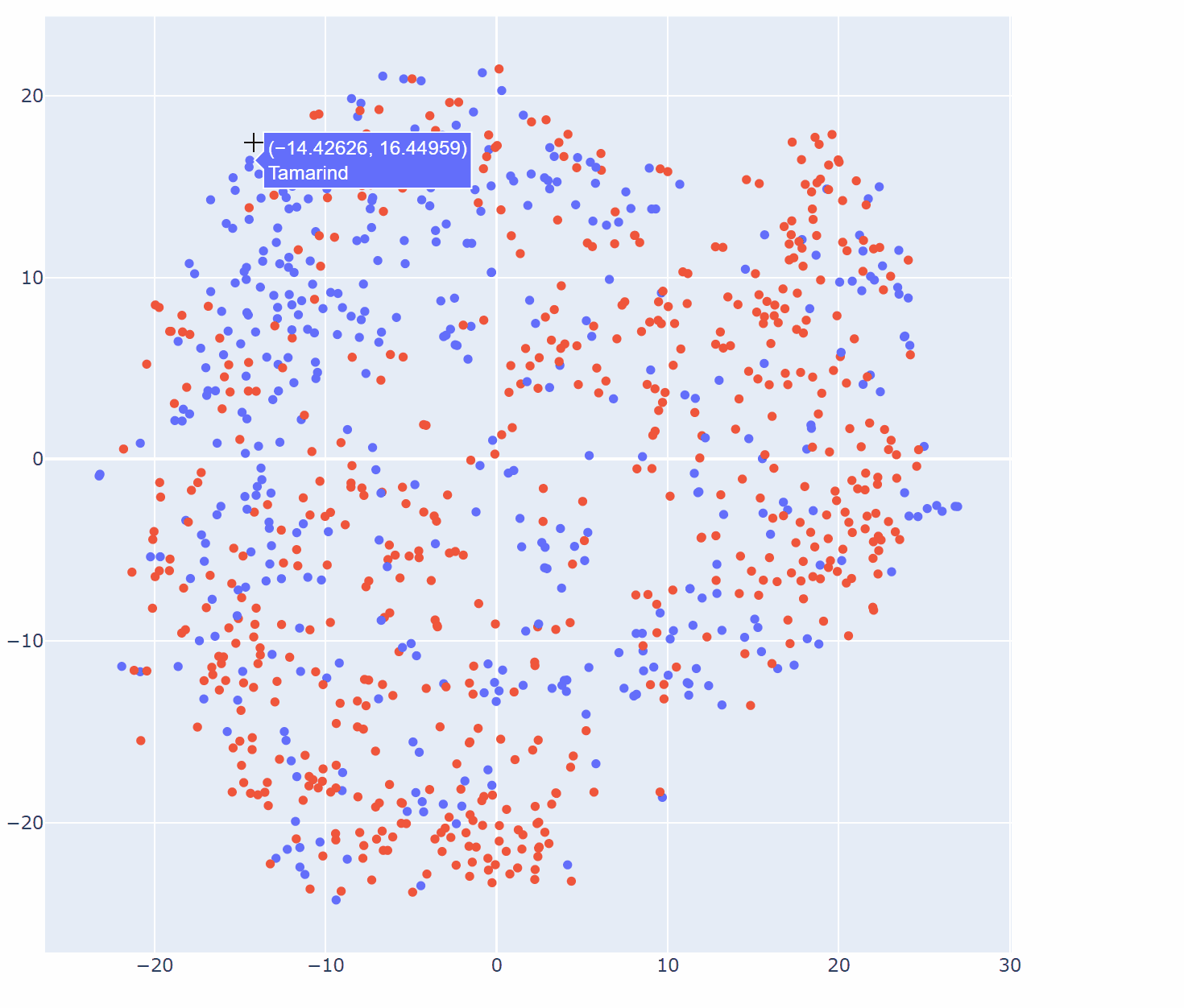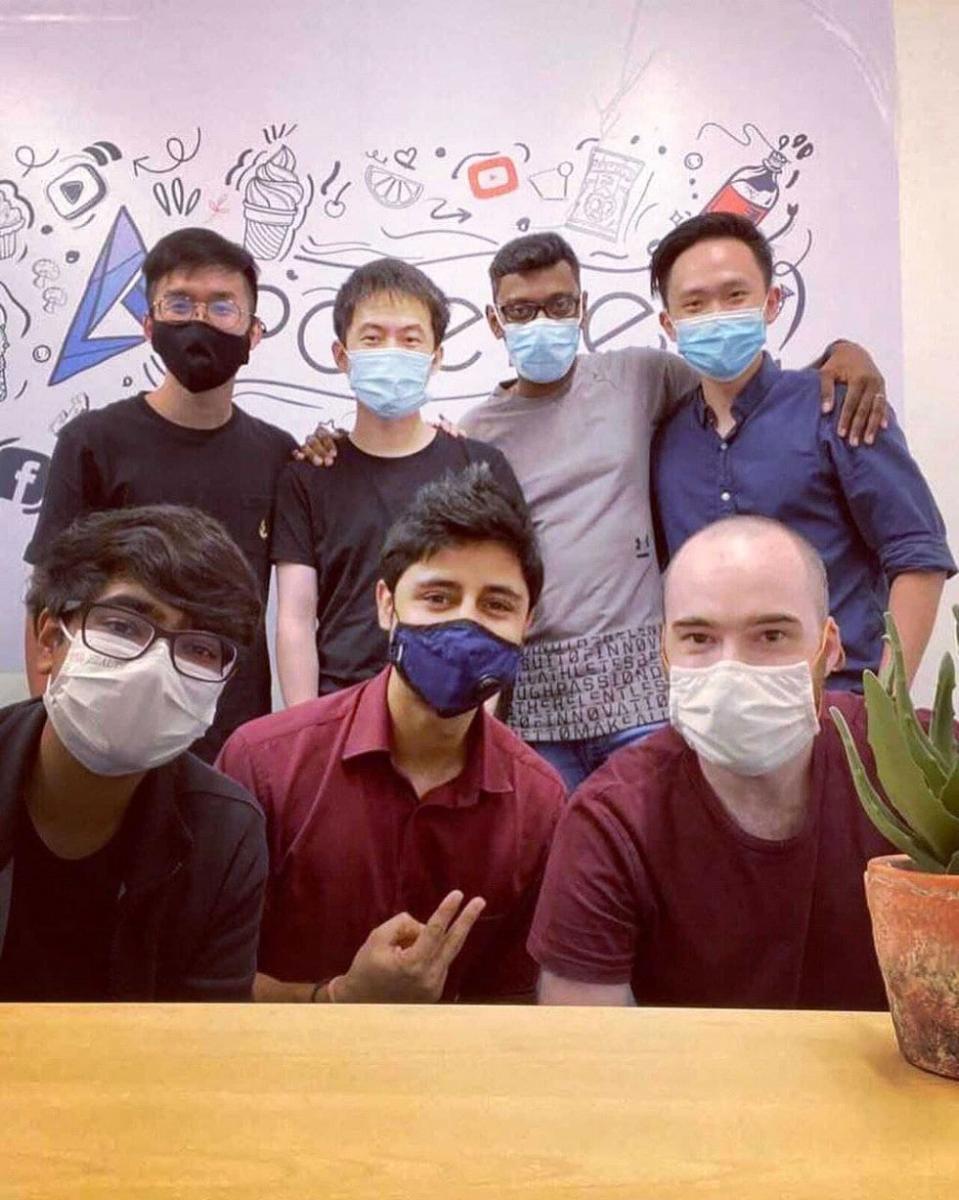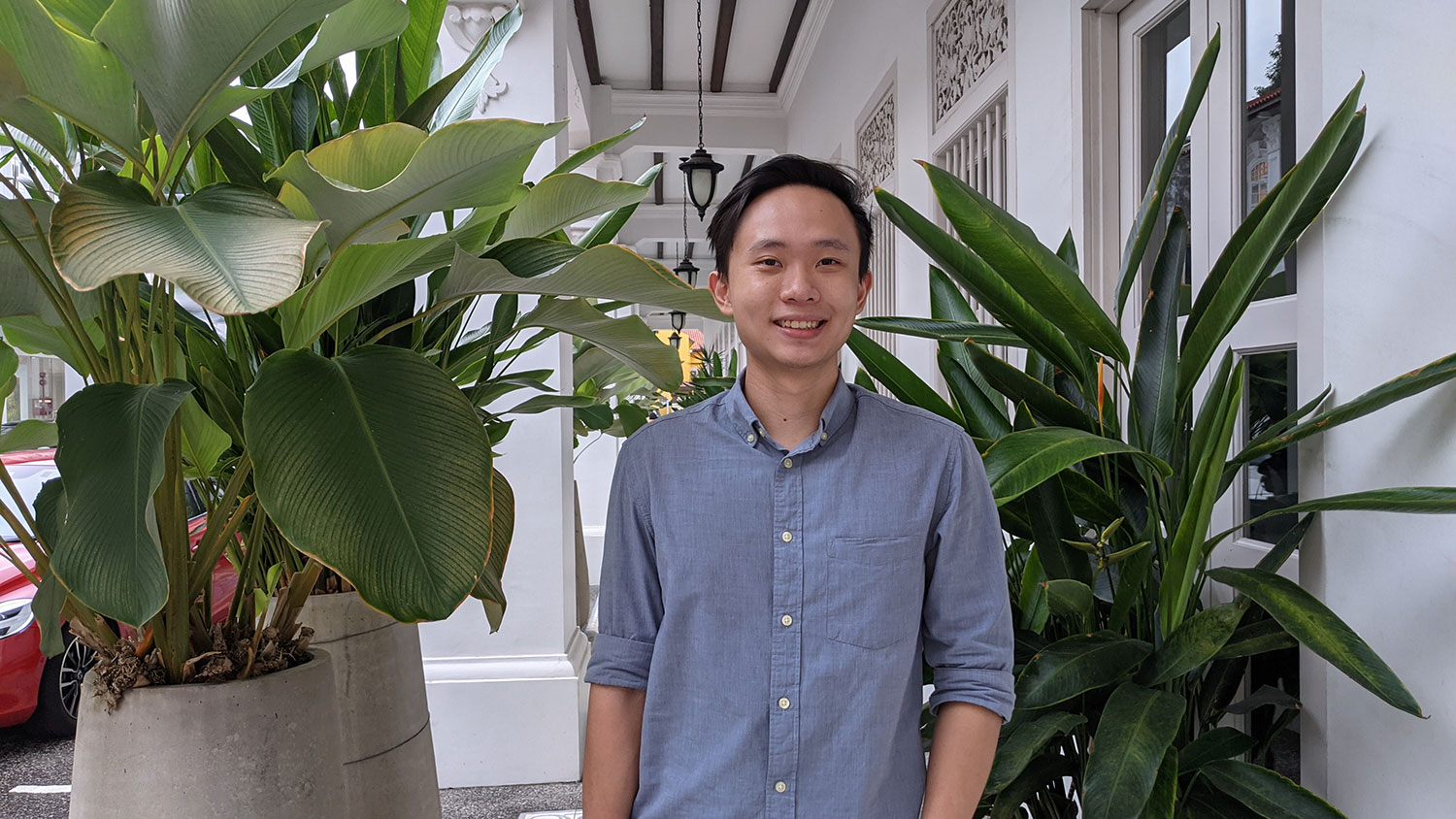Summation Soundbites: Teaching Algorithms to Predict Snack Trends
Mon, 09/06/2021 - 12:00
A conversation with Reo Neo, a Year 4 Chemical Engineering student at the National University of Singapore (NUS)
Tell us about your role at AI Palette? What does your usual day look like?
I have been working at Ai Palette as a Data Science intern for six months. My typical day comprises two main parts: Data Engineering tasks and working on projects. For the data engineering side of things, this would be triggering some of the Extract, Transform, Load (ETL) pipelines to convert the raw data into a more useable format. Besides running these pipelines, I sometimes make adjustments and tweak them.
The second part of my work involves working on Deep Tech projects. This usually involves doing research by reading papers, building models and performing experiments. During our weekly progress meetings, my colleagues and I would examine the results of our experiments, brainstorm new solutions and decide on our next steps.
What was an example of an interesting project you worked on at AI Palette?
The main project that I focused on was the development of a model that can evaluate new food products based on a description of the product. The model would then score the product based on a couple of criteria. Sounds simple on paper but rather difficult to implement.
This was in the early stages of development but would eventually become a core feature. I was excited (and also pretty intimidated) when I learnt that I was assigned to this project. The main difficulty when working on such projects is that it is an unsupervised learning problem. Labelled data is scarce and can be very hard to obtain, which makes model evaluation a tricky process. Personally, I really enjoyed the challenge as it forced me to brainstorm unique solutions to the problem instead of relying on standard algorithms to get by.
Besides just working on the data science/machine learning aspect of the project, I was also given the space to experiment with the deployment of models. Together with my mentor, we mapped out the different API endpoints that were necessary for the new feature and brainstormed how to go about implementing them. Being able to work on a new feature from the ground up was a very enriching experience and allowed me to witness firsthand the steps needed to move an ML project from a Jupyter Notebook into an application that delivers value for the end-user.

Analysis of various food product attributes. Credit: Reo Neo & Ai Palette
What drew you to this field and a potential career in Deep Tech?
For me, I was drawn to the domain of NLP in particular. NLP is fascinating because it involves teaching language, a very human concept, to machines. What got me excited about NLP was learning about word2vec, which was this method to teach computers how to analyse and interpret different words. With the help of this algorithm, the computer would be able to assign a word to a list of different numbers through an entirely automatic process. NLP has lots of different applications and powers many features that we use daily. Chatbots, Google searches, Spam filters are just some of the many examples of NLP applications that we use every day.
NLP has the potential to really change the way we work also - recently, Microsoft even unveiled a model that uses AI to write and complete code for developers. Alongside many other models that can write stories, summarize text, and caption images, NLP is a fascinating field, and there’s so much to learn.
How did you adjust, having studied chemical engineering to become a data scientist?
When I decided I wanted to pursue machine learning (ML), there were many obstacles at the beginning. For someone just starting out, the number of prerequisites, in terms of mathematical and coding knowledge, can be quite daunting. Thankfully information and knowledge about machine learning and other areas of Deep Tech are readily available – often at a low cost if not free.
In my first few weeks at Ai Palette, I felt a bit out of my depth and found the challenges pretty daunting. However, I believe that this must have been a common experience for other apprentices as well, considering the various cutting edge technologies other startups are also working on. Thankfully my mentor and colleagues were excellent teachers, and they helped me get up to speed quickly.
What worked for me was developing a "data science habit". That meant scheduling time to read articles, papers, newsletters while also working on related side projects every day. This approach of focusing on incremental improvements helped me to gain the knowledge I needed whilst allowing me to stay up to date with the latest research!
What did you enjoy the most about the Summation Programme?
I’ve enjoyed the startup experience. The great part of being in a startup was that I was able to see the ML lifecycle up close and work on a project end-to-end.
On the business front, I also had the opportunity to explore firsthand the different operations that are required to run a platform as a service company. I learned about the many different functions beyond that of a "data scientist" and understand how each plays an integral part in contributing to the final product. This helped me to think about the type of role I would want to take on and is helping me plan for my future career in Deep Tech.

Reo (2nd row, extreme left) with the AI Palette team
What’s your take on the next big flavour trend in Singapore?
Not quite a flavour trend, but I think that plant-based proteins are really gaining momentum! While I was at Ai Palette, I observed many companies looking to launch more meat and dairy alternatives which are becoming increasingly popular. With growing environmental concerns around meat production and companies investing heavily in R&D to create unique, tasty products, I’m pretty sure that this trend is here to stay!
Trending Posts
- Keeping satellites safe: How CYSAT Asia 2026 is tackling space cybersecurity
- The future of fusion energy: What will it take to bring the power of the stars to earth?
- How an aerospace engineer charted a path to quantum technology
- Scaling nanomaterials is challenging — Meet the startup with a hybrid solution
- Surveying Singapore's early-stage emerging tech startup landscape






